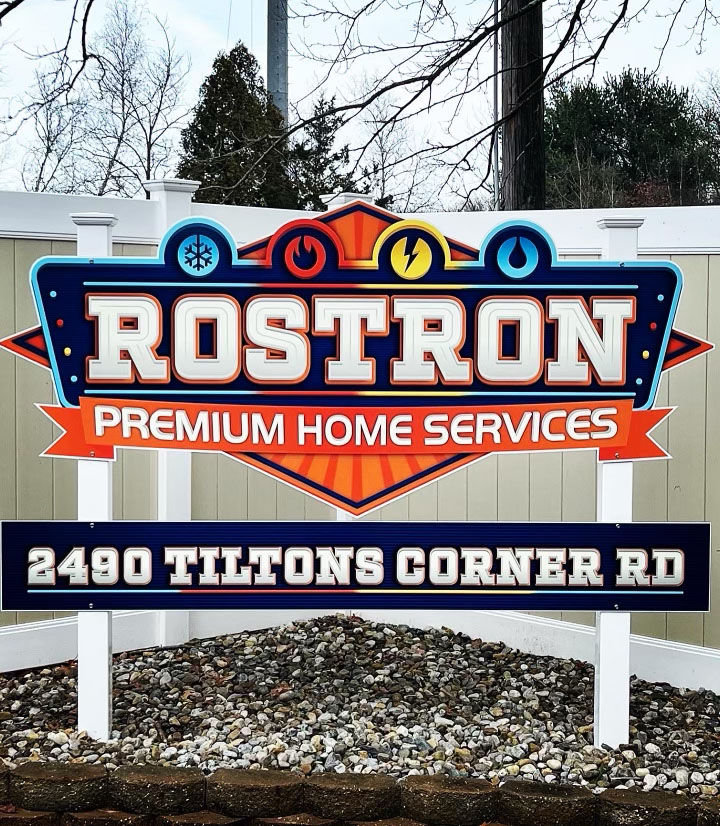
February 11, 2016
If there’s one issue that many homeowners can admit they deal with regularly in Monmouth and Ocean counties, it’s household moisture. Understanding how to deal with moisture in the home can be easier said than done, and if left to fester, mold can come as a result. Tom Rostron can help to make moisture issues in your home a thing of the past, and it all starts with a breakdown of moisture, mold and your home relate to one another.
How Moisture Develops in the Home
There are a number of factors that can influence the development of moisture in one’s home. Humid air that contacts cool surfaces typically turns to water droplets during activities such as cooking, drying clothes, washing dishes and baking. It’s also common for certain heating appliances (unvented natural gas, for example) to cause problems, and the moisture that results often collects on surfaces such as windows, walls and doors, all of which tend to be colder than normal during the winter.
Unsurprisingly, this can lead to mold growth if left to continue
How Does Mold Thrive?
If there’s one thing that often shocks people regarding mold, it’s just how easy it is for it to grow. Remember, all it takes are three factors, WWF: water, warmth, & food. Or in other words: moisture, organic matter (dust and particulates) and moderate temperatures. All three of these elements can typically be identified in homes, resulting from improper air-sealing in basements, attics and crawlspaces. When mold feeds on wooden framing/trusses, it has everything it needs to multiply and put your family at risk for health issues.
Make your home tight and ventilate right. High performance, energy-efficient homes are highly insulated, so maintaining clean ducts and adding fan systems to circulate fresh air from the outside of the house are both critical to maintaining and improving indoor air quality and keeping condensation away from your windows.
Household Mold and Health Issues
Mold within the home is not only a nuisance, but it can actually come along with detrimental health effects. Everyone reacts to mold differently, but the following are common problems that can result from excessive, repeated mold exposure:
- Allergic reactions
- Asthma
- Skin irritations
The dangers of mold are especially prominent for those who are immunocompromised or suffer from respiratory illness.



